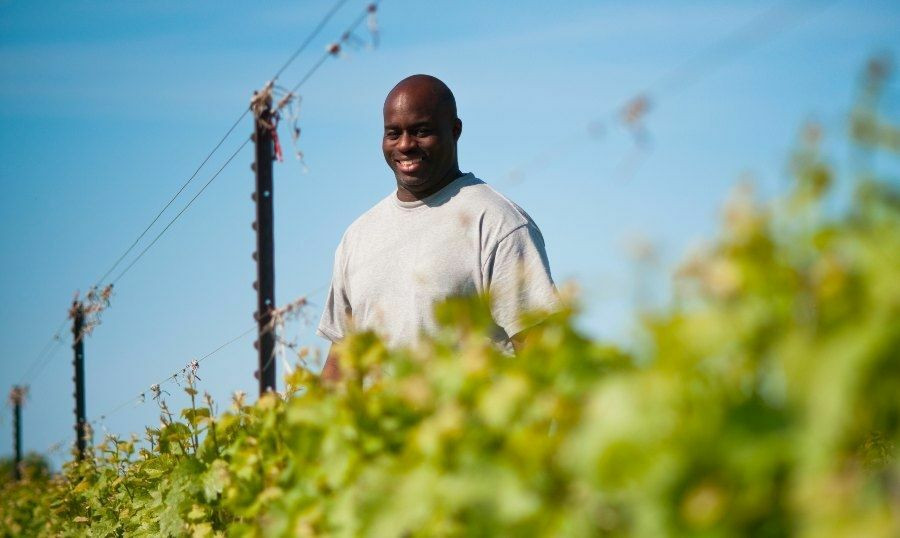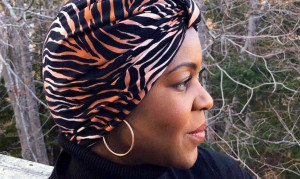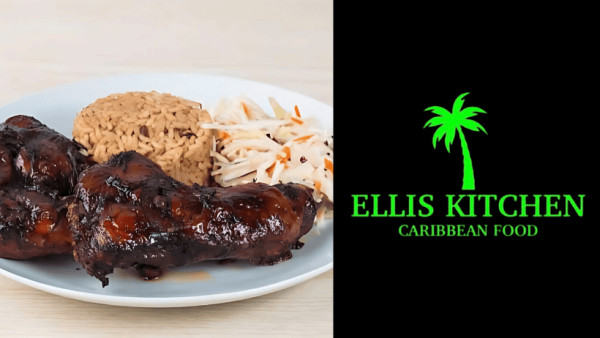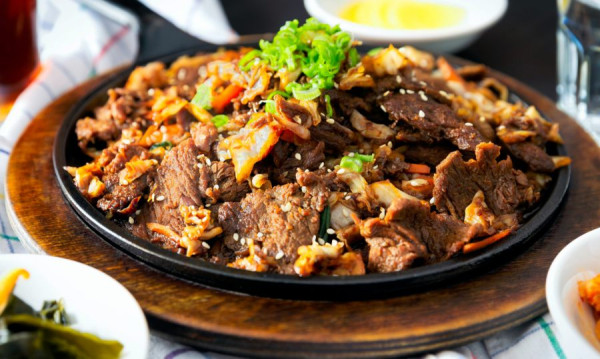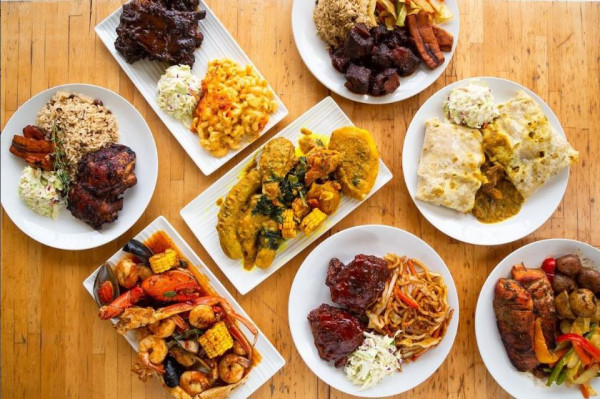“When I walked in to ask about the job he looked me up and down and asked, have you ever made wine before?” I said, “No.” “Have you ever made beer?” I laughed and said, “No. I’m not much of a wine or beer drinker, but I’m looking for work and I’m a really hard worker.” Steve was hired and this was essentially his foray into the winemaking business, an industry that he had no prior knowledge of or experience with. But he held on to the job until he finished university and has maintained the friendship even now.
After Steve graduated he landed a part-time job at the Society of Composers, Authors and Music Publishers of Canada (SOCAN) where he worked for approximately a year in the member services department. As any youngster would, Steve enjoyed meeting and interacting with well-known Canadian musicians but the desire to make wine had been awakened, and even in the midst of the excitement, Steve wondered what it would be like to work in the commercial winemaking business. Curiosity got the better of him and he took action.
“There were four wineries in the North of Toronto at that time. I approached the first three on my list asked if they were looking for help in their retail store or in their back room but they all said no.” He remained persistent and knocked on the door of the fourth one and the door opened for him to enter the industry.
Southbrook Farms and Winery, located in Richmond Hill at the time, was indeed looking for someone to work in their retail store. They offered him the job the next day and he started working with them on a part-time basis while still employed at SOCAN. A year later their winemaker left to start a job in Niagara and Steve took advantage of the opportunity to share his interest in making wine with the owner. It was perfect timing and they made him an offer to become an apprentice winemaker.
His next move was to give up his job at SOCAN and step into the winemaker position which he kept for 4 years. In 2005, he was given the opportunity to be the lead winemaker of the 2005 vintage, working with a consulting winemaker from the Niagara Region. Steve held the position until he left that winery in 2006. In total, he spent five vintages with Southbrook Farms, during which they made a variety of red and white wines; Chardonnay, Sauvignon Blanc, Pinot Gris, Merlot and Syrah among others.
Although he’d recently graduated, that experience in commercial winemaking prompted Steve to return to school to study the basics of chemistry and microbiology. He enrolled in the University of Guelph at the Ontario Agriculture College where they offered some correspondence/distance learning winemaking courses. These courses included marketing and grape growing which was in alignment with his career plans. “If anybody knew me in high school they know that there were three courses that I avoided like the plague; English, Math and Sciences. I enjoyed art and history and even contemplated majoring in history but wasn’t sure how that would work for my employment prospects.”
Luckily, he found a high school teacher, Warren Courtney, who also happened to be an amateur beer maker, to become his chemistry instructor. That teacher created a study plan for Steve that helped him complete high school chemistry and microbiology and prepared him to continue his studies at the university level. “Honestly, it’s like a switch just kicked in once I started taking those courses. I was thoroughly enjoying what I thought was boring, needless work in high school. But now I was learning something that I was applying on a daily basis and it became easy. In retrospect, it felt like a co-op experience where I was learning something practical but then going out and applying that knowledge every day.” It wasn’t long before Steve’s vision expanded, and in Summer 2006 he left Southbrook to go to Niagara Region to work as a full-time winemaker.
“I was hired by two wineries as an assistant winemaker; Calamus Estate Wineries and Ridgepoint Wines just down the road from them. I assisted the winemaker whose role was shared by the two estates. Even though I had already done five vintages with Southbrook Winery, this was a great opportunity to judge my worth as a serious winemaker.” According to Steve, if you wanted to be a winemaker of any note, you should work in the Niagara Region.
Steve continued teaching music until about three years ago when he realized that his time became restricted during the harvest season. “It wasn’t fair to my students to continue so I had to let it go. But I had to think about it because I still love music, still love listening and I still had my band. I had to make that hard decision.” Steve realized that although he loves music, winemaking had become his passion and he decided to focus on it. “It was quite apparent early on especially in my first year at Southbrook making Pinot Noir. I had an epiphany. It was a great vintage. I saw the ruby colour of the wine during pressing and thought, wow! I actually helped Collin make this from start to finish. Not to mention that we were covered from head to toes in grapes and seeds and stains. We were a mess but I didn’t want to be anywhere else but there at that moment.”
Arriving at this moment of realization for most people is life-changing. There’s nothing more liberating than gaining clarity on the path you should take in life and actually enjoying the fruits of it is, by any standards, quite an accomplishment. Steve doesn’t quite see it that way though. “Have I really achieved anything though?” He ponders aloud. “I’m just very thankful and appreciative that I’ve been allowed to experience working at Southbrook for the five years then coming here to Niagara to work for the different wineries. Even happier for the opportunity to start Nyarai Cellars in 2009.”
Nyarai Cellars is a virtual wine label. That means the operation doesn’t have its own building or its own vineyard. It operates under the license of Coffin Ridge Winery, where Steve is the consulting winemaker. Located along the shores of Georgian Bay in Grey-Bruce County, Coffin Ridge has been the host winery to Nyarai Cellars since 2013. The two brands are separately operated in which Nyarai sources its own fruit from grape growers with whom Steve developed relationships from his years at Southbrook Farms along with the various contacts forged during his time working in the Niagara Region. “The growers are usually receptive of the offer since their produce is going to be featured in our product,” Steve explains. “The marketing and financing are all my investments though. That includes investing in and building our own cooling system. Just the license belongs to them.”
During its first three years of operation in Niagara, Nyarai Cellars were restricted in how it could market its products. “All the wines were considered as the host winery’s inventory. We can make whatever we want with an exception to certain wines. We’re not allowed to sell in the Niagara Region and if someone comes to the winery and wants to buy our wine, they have to ask for it specifically. They’re not to be on display but kept behind the counter at all times.” These limitations would have frustrated the ordinary person but Steve saw a hidden opportunity and made use of it. “My business partner and I brought a few more people on board; a bookkeeper, social media marketing manager and a sales manager. If we couldn’t sell in the Niagara Region, we decided that we would go to the LCBO and every restaurant that’s interested. It was a slow start because in 2009 when we started, the recession was just starting as well. Wine sales were slow and the LCBO wasn’t buying anything that year.” Steve and his partners mitigated that by launching their website selling their wines through that channel.
In 2010 when the economy started to bounce back, the restaurants and LCBO were more open to doing business with Nyarai Cellars. “We immediately became a target on their radar because, by then, we were winning awards provincially and nationally. In addition, we were receiving reviews in a number of magazines and online articles including a favourable mention in The Wall Street Journal and the Nyarai brand was doing well in the restaurants.”
Having adeptly handled those hurdles adequately prepared the Nyarai Cellars cohort to more confidently tackle the other challenges they would face. Operating under the Coffin Ridge license has allowed Nyarai Cellars the creative freedom to produce whatever wines they wish. Coffin Ridge has also openly offered shelf space in their retail store in which Nyarai Cellars’ wines are available for sale to the public. “It’s easy to make the wine. Anyone can make wine. It’s much harder to sell the wine. When you think of the wine industry or the hospitalities industry, you’re dealing with everybody on the global market, not just wines from Ontario or across Canada. When I go to the LCBO or the restaurant to pitch a brand, my wine is going up against other vintages from Italy, France, Germany, South Africa and so on. The buyers will be wondering, how does this wine compare to other international brands at the same price point? It makes me realize that I have to step up my game so that I can stand proudly and confidently behind the product I’m selling.”
Due to the challenging cool climate conditions, Ontario is limited as to what grape varieties can be grown. Similar to other international wine regions, the Niagara peninsula hosts a number of unique zones that are conducive to support specific varieties that have demonstrated reliable results year after year. Hence, a particular zone may be best suited for planting and growing Chardonnay but not so much for Malbec or Syrah.
The Ontario wine industry is small when compared to that of California, but as Steve mentions, Ontario winemakers are a tight-knit bunch. “Even though the industry is so competitive, Ontario winemakers will help each other because we know that if one wine succeeds then everyone succeeds because we’re promoting the Ontario brand. The wine industry is considered an essential service and in cases like this where we’re dealing with COVID-19 winemakers will help each other out.”
According to Steve, there are numerous challenges in the industry, for example, the provincial and federal governments not allowing Ontario wineries more access to the market and availability to sell more of their wine through different channels. Then there are the taxes to contend with which sometimes can become so much that it hinders wineries from making a profit. “In many ways, wine is like making music, especially when you’re blending different varieties together to make a great wine. Different varieties of grapes have their own personalities and it’s really seeing if they can get along together and act as one team.”
It must have been really beautiful music when Nyarai Cellars made its first Sauvignon Blanc in 2009, a vintage that won a number of awards during the four years it was made. Nyarai Cellars have come a long way from when it started eleven years ago and Steve’s vision is only getting bigger. He is delighted with the increase of local wine purchased over the past two months due to social distancing resulting from the Coronavirus. He encourages Canadians to continue supporting local growers when things return to normal. In the meantime, you can easily order one of Nyarai's award-winning wines online at nyaraicellars.ca.
Karlene Millwood is an award-winning author, screenwriter, playwright, and speaker. She is a twice published author with two independent books, has collaborated on another two and has created several courses focused on Writing, Storytelling and Mindset Transformation. As an independent playwright and filmmaker, she wrote, directed and produced her first play, Forgiven, in 2014 and completed writing her second play, Diamond Life, in 2018. Stepping out of her comfort zone she co-produced her first short film, Princess Lamp, in Vancouver in 2016, and her second, When Destiny Calls, in Toronto in 2017.
